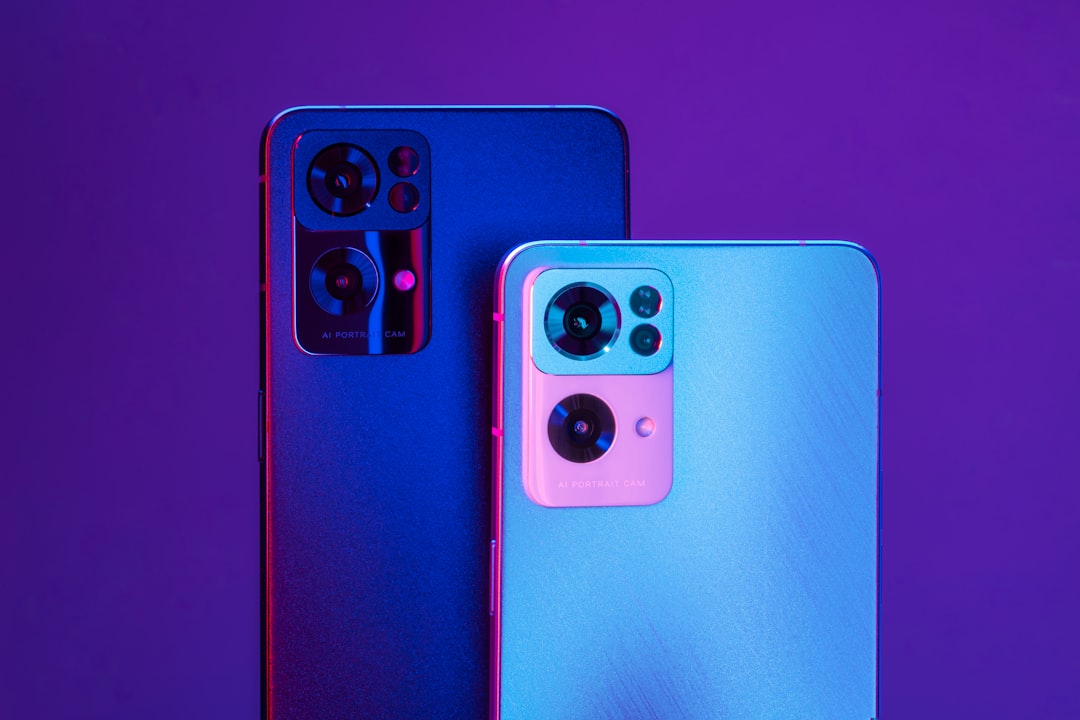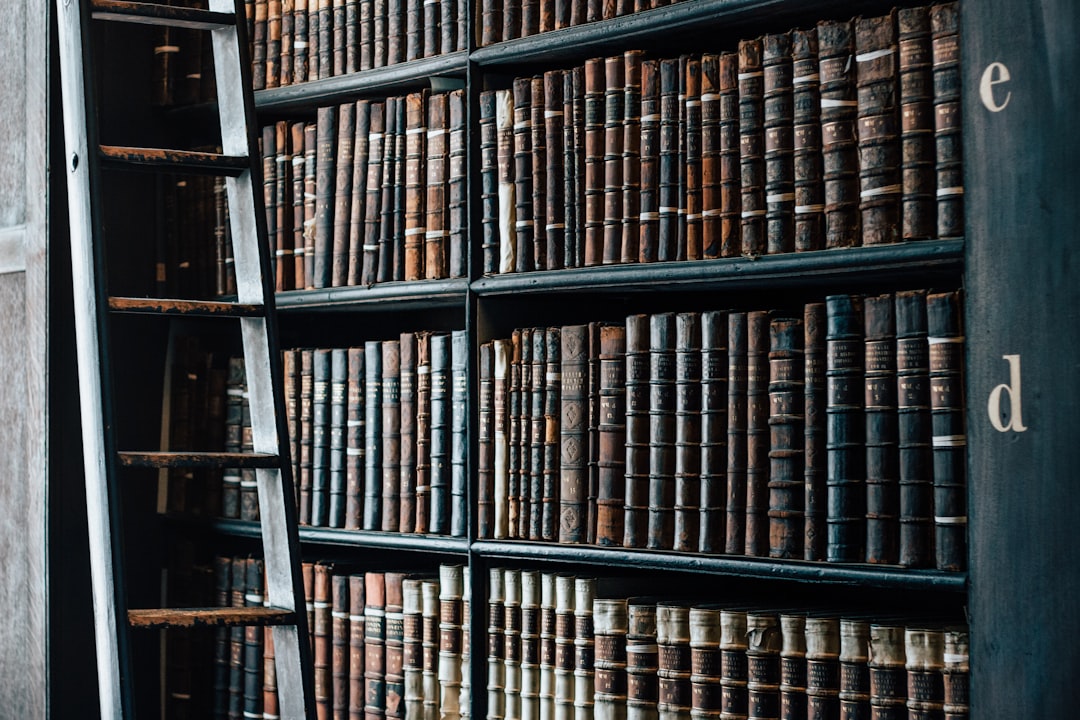In South Dakota, the use of autodialers is regulated to protect consumers from unwanted phone calls. The state defines an autodialer as software that automatically dials numbers from pre-recorded lists for prerecorded messages. Businesses must obtain explicit consent through opt-in programs and provide clear opt-out options, while calls are restricted to specific times to respect residents' peace and quiet. Engaging a specialized autodialer lawyer South Dakota or autodialer attorney South Dakota from a reputable autodialer law firm South Dakota is crucial for compliance and avoiding substantial fines and reputational damage.
“Understanding the Legal Framework Surrounding Autodialers in South Dakota”
In the digital age, autodialers have become a common tool for businesses engaging in outbound marketing. However, navigating the legal landscape surrounding these technologies can be complex. This article provides an in-depth look at the legal definition and regulation of autodialers under South Dakota law, permitted uses and restrictions, and enforcement mechanisms. Whether you’re an autodialer lawyer, attorney, or representing a business utilizing this technology, knowing the rules is paramount to avoiding liability. Explore key aspects, including comparisons with federal laws, do-not-call lists, and best practices for safe, compliant use.
The Legal Definition and Regulation of Autodialers in South Dakota
In South Dakota, an autodialer is defined as a device or software that automatically dials telephone numbers from a pre-recorded list with the purpose of delivering prerecorded messages to those numbers. The state’s laws and regulations aim to balance the benefits of this technology for businesses while also protecting consumers from unwanted and intrusive calls. The South Dakota Division of Consumer Protection oversees compliance with these rules, ensuring that autodialers are used ethically and responsibly.
The legal framework governing autodialers in South Dakota includes strict guidelines on consent, opt-out mechanisms, and the timing of calls. Businesses using autodialers must obtain explicit consent from recipients, often through opt-in programs. Callers must also provide a clear and straightforward way for individuals to request no further calls, known as an “opt-out” option. Additionally, there are restrictions on the time of day when autodialed calls can be made, ensuring that residents enjoy a reasonable amount of peace and quiet during late hours. These regulations reflect South Dakota’s commitment to maintaining a balance between business interests and consumer privacy rights.
– What constitutes an autodialer under South Dakota law?
Under South Dakota law, an autodialer is defined as a telephone dialing system that automatically dials telephone numbers from a pre-recorded or stored list for the purpose of delivering a message or conducting sales or marketing activities. This includes technologies like automated call systems, robocalls, and voice messaging services. For businesses and individuals involved in such practices, understanding what constitutes an autodialer is crucial as it determines compliance with state regulations.
The law classifies autodialers based on their capabilities and intended use. Those engaging in telemarketing or marketing calls must adhere to specific rules regarding consumer consent and do-not-call requests. Employers using autodialers for internal communications or notifications are also subject to certain restrictions, ensuring the protection of employees’ privacy rights. As such, those seeking guidance on legal aspects related to autodialers should consult with an experienced autodialer lawyer in South Dakota or autodialer attorneys in South Dakota. Reputable autodialer law firms in South Dakota can offer expertise tailored to these unique legal challenges.
– Key regulations and restrictions on autodialing activities.
In South Dakota, the legal framework surrounding autodialers is regulated by a series of key regulations and restrictions designed to balance business interests with consumer protections. The state’s laws aim to prevent unwanted phone calls while allowing legitimate marketing efforts. For businesses utilizing autodialing services, it’s crucial to partner with an experienced autodialer lawyer South Dakota or autodialer attorney South Dakota who understands these nuances. Engaging a reputable autodialer law firm South Dakota that specializes in telecom and consumer protection laws is essential to ensure compliance and mitigate potential legal risks.
Key regulations include do-not-call lists, consent requirements, and timing restrictions on automated calls. Businesses must obtain explicit consent from recipients before making marketing calls using autodialers. Furthermore, autodialer attorneys South Dakota advise against calling numbers listed on the National Do-Not-Call Registry or other state-specific do-not-call lists. Compliance with these regulations is vital to avoid substantial fines and damage to a company’s reputation. Understanding and adhering to the autodialer law firms South Dakota‘s legal framework are indispensable for businesses aiming to harness the benefits of autodialing while respecting consumer rights.






